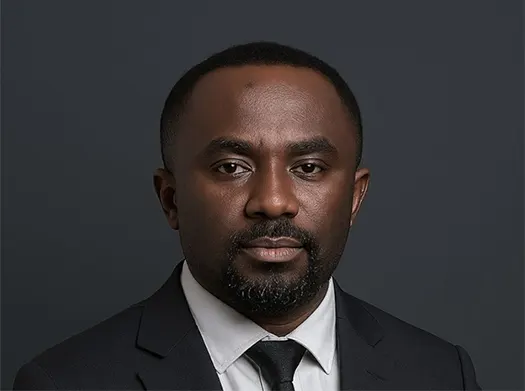The writer
Ghana’s reputation as a beacon of democracy in West Africa has increasingly come under scrutiny due to the recurrence of violence during by-elections and election reruns.
From Akwatia (2009) to Ablekuma North (2025), these smaller-scale but politically significant contests have become flashpoints for violence, undermining the legitimacy of the democratic process and eroding public trust.
Chris LIoyd under attack during the recent Ablekuma North Election
Historical Pattern of Violence
Ghana has held over 30 by-elections and several reruns since the return to constitutional rule in 1992. While most have been peaceful, a number have turned violent, particularly those held in constituencies perceived as politically strategic.
In 2009, the Akwatia by-election saw serious violence and electoral irregularities. Known for its diamond-rich constituency, the election was marred by ballot box snatching and intimidation. The Electoral Commission (EC) was forced to rerun voting in six polling stations after a court ruling. Military deployment was heavy, and several people sustained injuries.
That same year, the Chereponi by-election in the Northern Region witnessed inter-ethnic clashes between supporters of the two major parties—the NPP and the NDC. At least one death was recorded, with homes and property burnt in what turned into a mini civil conflict.
The Atiwa by-election in 2010, triggered by the death of NPP MP, Kwasi Annoh Ankama, also saw widespread violence. Stones and bottles were hurled, vehicles vandalised, and a parliamentary candidate was reportedly attacked. Again, security forces had to intervene heavily.
These incidents set a troubling precedent that would culminate in the Ayawaso West-Wuogon by-election of 2019, arguably Ghana’s most infamous by-election in recent history. National Security operatives, some masked and heavily armed, stormed the La Bawaleshie polling station and opened fire, injuring at least 18 people. The incident was captured live on camera as sitting Member of Parliament, Sam George, was assaulted. A Commission of Inquiry later recommended prosecutions and institutional reforms, but few were implemented.
More recently, the Kumawu by-election in May 2023 saw isolated incidents of intimidation, although generally peaceful. However, the Ablekuma North rerun in July 2025 has renewed national concern. Alleged ‘macho men’ stormed polling stations, physically assaulted female candidates including Nana Akua Afriyie and Hawa Koomson, and attacked journalists. Despite video evidence and outcry from civil society, police reportedly made no arrests, prompting accusations of complicity or negligence.
Casualties and Human Rights Violations
Between 2000 and 2025, at least 10 people have died and over 60 have been injured in violent by-election and rerun incidents. Journalists covering these events have also been targeted, as seen in Ablekuma North, where a GHOne TV journalist was slapped by a police officer.
Victims of these attacks rarely receive justice. Perpetrators are often masked or linked to powerful political interests, making prosecution difficult. The impunity surrounding these crimes is fueling a dangerous normalization of violence in Ghana’s democratic culture.
What Drives the Violence?
Several factors contribute to the pattern of violence in by-elections and reruns:
- High Political Stakes in Low-Turnout Elections: Parties perceive by-elections as opportunities to tip the balance in Parliament or send a national signal. This often leads to an “all-out” mentality.
- Weak Security Oversight: There is a pattern of late, reactive, or biased security deployment, with accusations of party-aligned personnel embedded in official operations.
- Vigilantism and Political Thuggery: Despite the passage of the Vigilantism and Related Offences Act (2019), the use of party-affiliated “macho men” continues, as seen in Ablekuma North and Ayawaso West.
- Lack of Consequences: Failure to prosecute or even arrest known perpetrators creates a cycle of impunity.
Lessons for the Nation
Ghana must view these by-election incidents not as isolated political hiccups but as warnings of systemic rot. By-elections are supposed to reflect democratic continuity, not moments of terror. The Electoral Commission, Ghana Police Service, National Peace Council, and political parties must take concrete steps:
– Enforce the law—no matter the political affiliation of offenders.
– Deploy neutral, well-trained security personnel, free from party influence.
– Guarantee media safety through proactive engagement and accountability structures.
– Enhance civic education to discourage voter apathy and violence.
– Establish independent election violence tribunals for swift justice.
Conclusion
By-election and rerun violence may not grab as many headlines as general elections, but they represent a clear and present threat to Ghana’s democratic health. The state’s failure to address them sends the wrong message—that democracy is only as safe as the political interest it serves. For Ghana to preserve its democratic gains, it must prioritize peace and accountability in all elections—no matter how small.
By Charles Fynn Oduro, Public Servant


